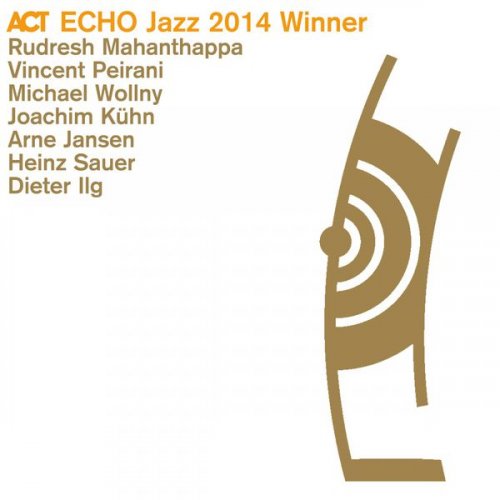Paul Dietrich Jazz Ensemble - Forward (feat. Clarence Penn) (2019)

Artist: Paul Dietrich Jazz Ensemble
Title: Forward (feat. Clarence Penn)
Year Of Release: 2019
Label: Paul Dietrich Music
Genre: Jazz
Quality: FLAC (tracks)
Total Time: 66:07 min
Total Size: 368 MB
WebSite: Album Preview
Tracklist:Title: Forward (feat. Clarence Penn)
Year Of Release: 2019
Label: Paul Dietrich Music
Genre: Jazz
Quality: FLAC (tracks)
Total Time: 66:07 min
Total Size: 368 MB
WebSite: Album Preview
01. Rush
02. Settle
03. Like Water
04. Chorale
05. Forward: I. Perennial
06. Forward: II. Snow
07. Forward: III. Roads
08. Forward: IV. Green Fields
Corbin Andrick – alto saxophone, soprano saxophone, clarinet, flute
Greg Ward – alto saxophone
Tony Barba – tenor saxophone
Dustin Laurenzi – tenor saxophone
Mark Hiebert – baritone saxophone, bass clarinet
There's something to be said for acknowledging one's artistic debts. It's a trait especially prominent in jazz, where musicians paying tribute to their forebears is commonplace, a way to sustain the tradition and recognize its continual evolution. Trumpeter and composer Paul Dietrich has certainly done that with the debut recording from his large ensemble, Forward. Although not formally an homage to Maria Schneider, it's pretty close, particularly as Schneider's go-to drummer, Clarence Penn, is given "featured" recognition, something Dietrich explains in the liner notes as being justified by his invaluable role in anchoring Schneider's "ideal modern big band sound." And Dietrich's music bears all the hallmarks of Schneider's patented moves: soaring, impressionistic charts inspired by bucolic vistas, with ample room for top-notch soloists to stretch out.
The scale of the project does represent a departure for Dietrich, given that his prior releases, We Always Get There (Blujazz, 2014) and Focus (Ears&Eyes, 2017), were quintet recordings. But there's no doubt Dietrich knows how to handle a larger ensemble. Importantly, he doesn't try to do too much; rather than busying up the music with excessive complexity, the pieces typically start "small," with simple themes that are gradually developed, using the various components of the ensemble to add layers that enrich the central theme but without cluttering it. The opener, "Rush," is a case in point, with an enticing melody that is refracted through several iterations, gaining emotional heft with each one. Penn's drumming, up-front in the mix, is vital to the track's energy, with a crackling drive that keeps the music moving, especially when trumpeter Russ Johnson and tenor saxophonist Tony Barba take flight during their solos.
The next few tracks explore more somber terrain. Although not without moments of bracing intensity—witness Greg Ward's tumultuous alto sax solo on "Settle"—they typically retain a reflective temper even when the music reaches its dynamic peaks. "Chorale" is perhaps the best of the first half of the album, with Dietrich's hymn-like melody first articulated by the saxophone section, before the rest of the ensemble eventually joins in to augment the tune's understated magic, led by a poignant, patiently-developed solo from tenor saxophonist Dustin Laurenzi.
The second half of the record is devoted to Dietrich's four-part suite, "Forward," which showcases some of the composer's playfulness, particularly on the first part, "Perennial," in which a catchy conversation-like opening in the horn section provides some bounce to the track; here too, Penn's punchy support is pivotal. While the second part, "Snow," stays comfortably within the album's prevailing spirit of pastoral melancholy, "Roads" ventures outside it, with infectious energy and another potent solo from Laurenzi. Finally, the wistful closing section, "Green Fields," provides an opportunity for Dietrich to demonstrate his own skills as a trumpeter, and he does so convincingly with a solo that exudes graceful lyricism.
Although Dietrich may not break any new ground with this release, the execution and musicianship are first-rate, and Dietrich's compositions are both engaging and well-recorded. It's a rewarding set of music, and an especially recommended album for all fans of contemporary big-band recordings.
The scale of the project does represent a departure for Dietrich, given that his prior releases, We Always Get There (Blujazz, 2014) and Focus (Ears&Eyes, 2017), were quintet recordings. But there's no doubt Dietrich knows how to handle a larger ensemble. Importantly, he doesn't try to do too much; rather than busying up the music with excessive complexity, the pieces typically start "small," with simple themes that are gradually developed, using the various components of the ensemble to add layers that enrich the central theme but without cluttering it. The opener, "Rush," is a case in point, with an enticing melody that is refracted through several iterations, gaining emotional heft with each one. Penn's drumming, up-front in the mix, is vital to the track's energy, with a crackling drive that keeps the music moving, especially when trumpeter Russ Johnson and tenor saxophonist Tony Barba take flight during their solos.
The next few tracks explore more somber terrain. Although not without moments of bracing intensity—witness Greg Ward's tumultuous alto sax solo on "Settle"—they typically retain a reflective temper even when the music reaches its dynamic peaks. "Chorale" is perhaps the best of the first half of the album, with Dietrich's hymn-like melody first articulated by the saxophone section, before the rest of the ensemble eventually joins in to augment the tune's understated magic, led by a poignant, patiently-developed solo from tenor saxophonist Dustin Laurenzi.
The second half of the record is devoted to Dietrich's four-part suite, "Forward," which showcases some of the composer's playfulness, particularly on the first part, "Perennial," in which a catchy conversation-like opening in the horn section provides some bounce to the track; here too, Penn's punchy support is pivotal. While the second part, "Snow," stays comfortably within the album's prevailing spirit of pastoral melancholy, "Roads" ventures outside it, with infectious energy and another potent solo from Laurenzi. Finally, the wistful closing section, "Green Fields," provides an opportunity for Dietrich to demonstrate his own skills as a trumpeter, and he does so convincingly with a solo that exudes graceful lyricism.
Although Dietrich may not break any new ground with this release, the execution and musicianship are first-rate, and Dietrich's compositions are both engaging and well-recorded. It's a rewarding set of music, and an especially recommended album for all fans of contemporary big-band recordings.
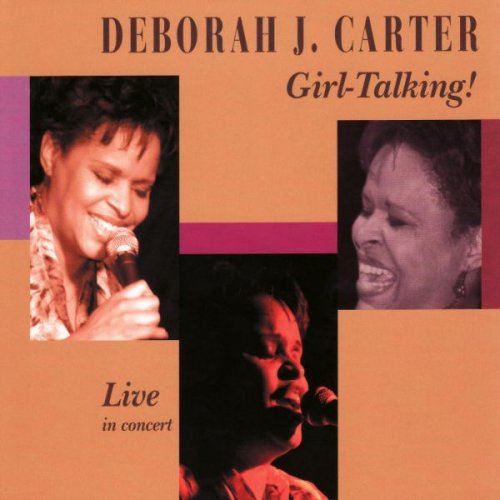
![Meg Okura - Isaiah (2026) [Hi-Res] Meg Okura - Isaiah (2026) [Hi-Res]](https://www.dibpic.com/uploads/posts/2026-02/1771428622_a0886412943_10.jpg)
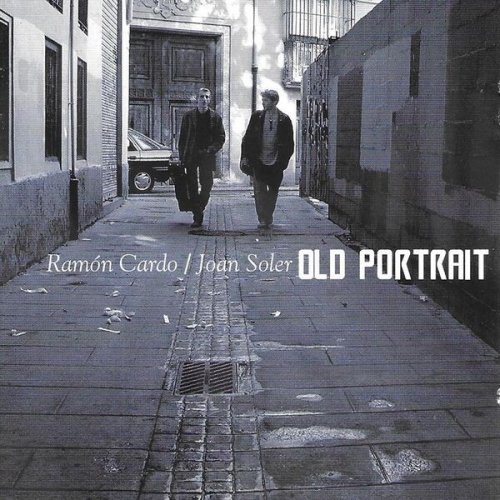
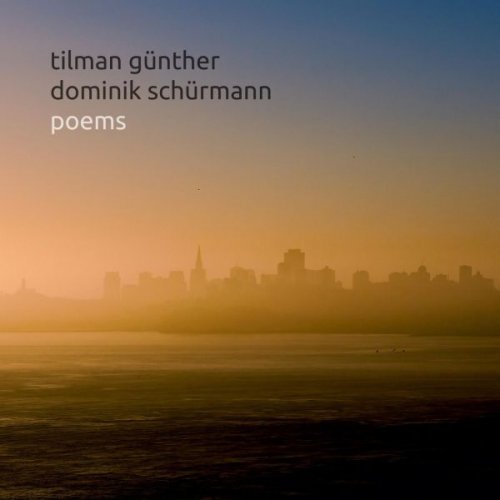
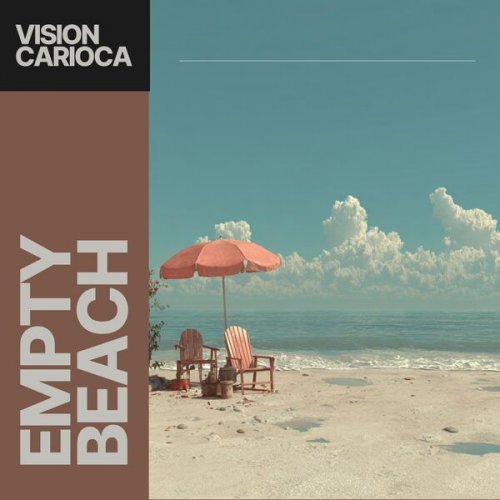
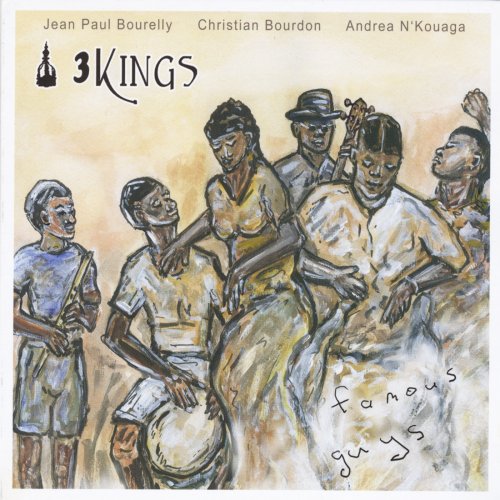
![Eero Koivistoinen - For Children (1970) [2006] Eero Koivistoinen - For Children (1970) [2006]](https://www.dibpic.com/uploads/posts/2026-02/1771615516_ff.jpg)
![Tom Oren - Dark Lights (2026) [Hi-Res] Tom Oren - Dark Lights (2026) [Hi-Res]](https://www.dibpic.com/uploads/posts/2026-02/1771427884_tdqtmzk78zgcb_600.jpg)
